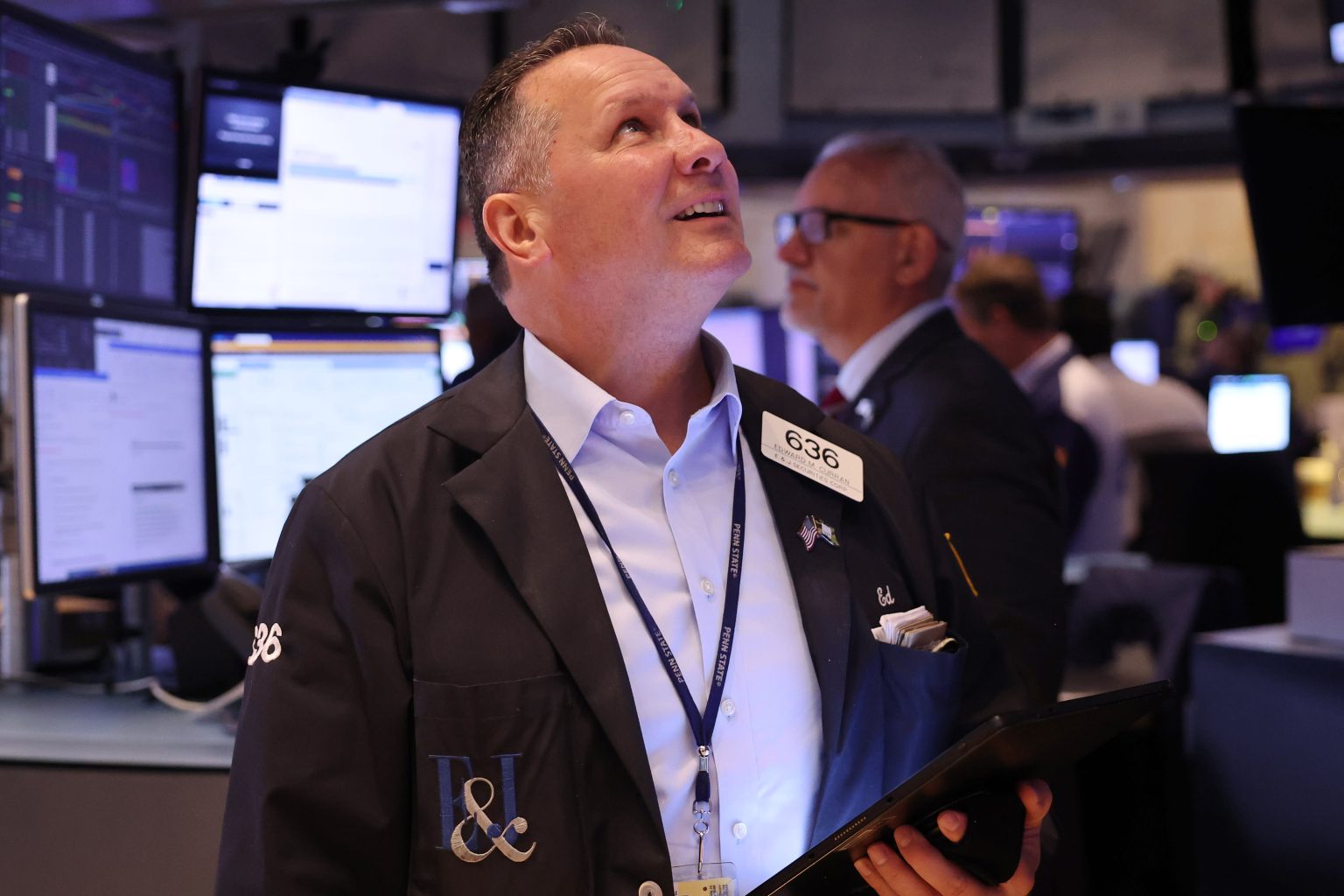Keith Gill, also known as "Roaring Kitty" and "DeepF***ingValue," has made a return to the meme game as a retail investor favorite. Gill shot to fame earlier this year for his role in the GameStop short squeeze, where he became a cult figure among individual investors for his bullish stance on the struggling retailer. Now, as meme stocks make a comeback, Gill’s presence in the market has once again captured the attention of the investing community.
The resurgence of meme stocks, fueled by social media platforms like Reddit and Twitter, has reignited the frenzy that characterized the GameStop saga earlier this year. Retail investors are once again banding together to drive up the prices of heavily shorted stocks, creating a volatile market environment that has caught the attention of Wall Street and regulatory authorities. Gill’s involvement in the meme stock phenomenon has only added to the excitement surrounding these high-risk, high-reward trades.
Despite facing scrutiny from regulators and lawmakers over his role in the GameStop saga, Gill has remained undeterred in his support of meme stocks. In a recent interview, he defended retail investors’ right to participate in the market and criticized the double standards that exist when it comes to who is allowed to profit from stock market speculation. Gill’s outspoken support of meme stocks has endeared him to a new generation of retail investors who see him as a champion of their cause against the Wall Street establishment.
The meme stock frenzy has also attracted the attention of mainstream investors and financial analysts, who are watching closely to see how the market will react to the latest wave of speculative trading. While some see meme stocks as a reckless gamble that will ultimately end in losses for individual investors, others view them as a reflection of the changing dynamics of the market and the power of collective action in driving up stock prices. The continued popularity of meme stocks like GameStop and AMC Entertainment suggests that retail investors have found a new way to challenge traditional market forces and make their voices heard on Wall Street.
As meme stocks continue to dominate the headlines, regulators are grappling with how to address the risks posed by these speculative trades. The Securities and Exchange Commission (SEC) has warned investors about the potential dangers of participating in meme stock frenzies, citing concerns about market manipulation and misinformation. Some lawmakers have called for stricter regulations on social media platforms and online trading forums to prevent the spread of false information that could lead to market manipulation. However, others argue that retail investors have a right to engage in speculative trading and that attempts to regulate their activities could stifle innovation and limit their ability to participate in the market.
Ultimately, the resurgence of meme stocks and the return of retail investor favorite Keith Gill highlight the evolving nature of the stock market and the increasing influence of individual investors in shaping market trends. While meme stocks may come with significant risks and volatility, they also represent a new form of collective action that challenges traditional notions of investing and democratizes access to the financial markets. As the debate over the role of retail investors in meme stock frenzies continues, it is clear that the influence of social media and online platforms on stock market dynamics is here to stay.


